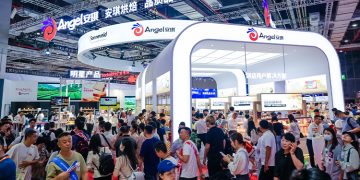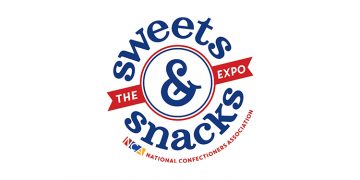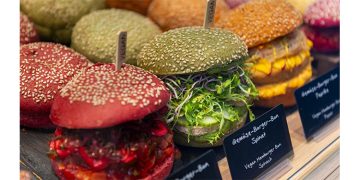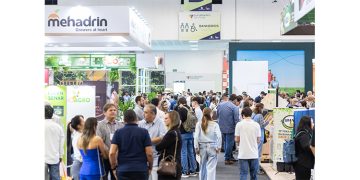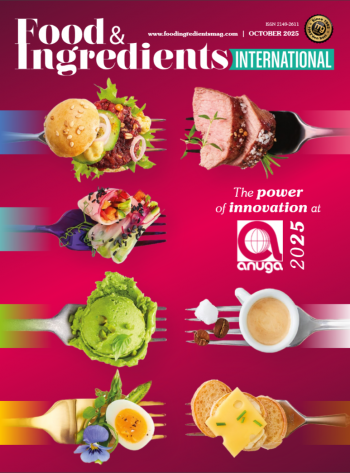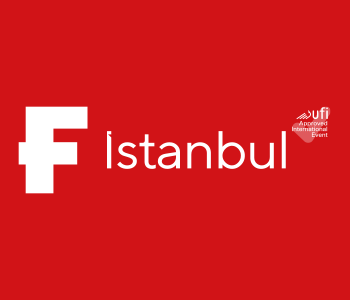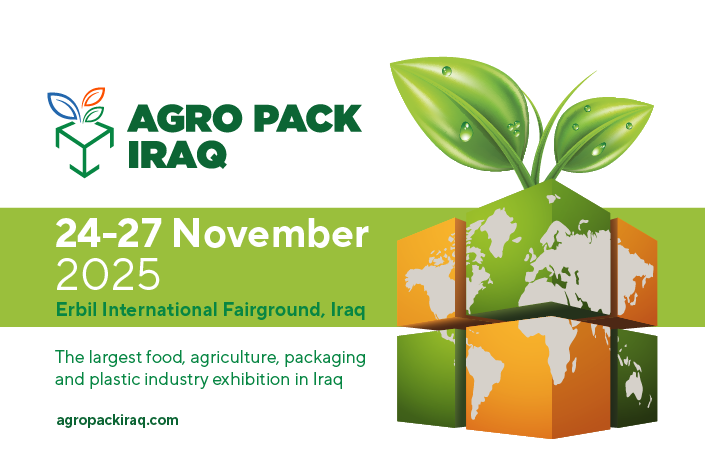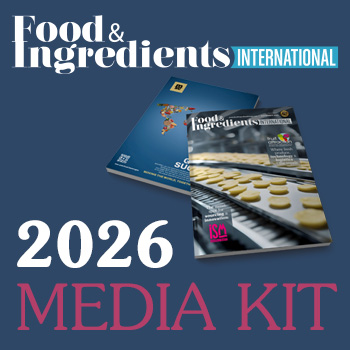Having served wooden packaging in Europe for almost 35 years, FEDEMCO is a reference and valid interlocutor for the Central Government, the employers’ leadership or the packaging and packaging sectors of other materials. At the international level, FEDEMCO is a founding member of the International GROW Network (Group Recycling of Wood).
We have recently conducted an interview with Emilio J. Pérez, director of Fedemco about their operations.
Can you provide us with an overview of FEDEMCO’s mission and objectives?
The Spanish Federation of Wooden Packaging and Components (FEDEMCO) based in Valencia, Spain, brings together since 1991 companies that manufacture: wooden packaging for fruits and vegetables, wooden packaging for fish and seafood, pallets, boxes and cases for wines, oils, liquors and other agro-foods, industrial wooden packaging, wooden packaging components, plywood board, machinery and other supplies. Its objectives are:
– Encourage the purchase and use of wood packaging and wood-packaged products, demonstrating the competitive advantages of wood as premium packaging.
– To study and disclose the benefits of wood as a material for packaging; natural, renewable, sustainable, antibacterial, CO2 sink, hygroscopic and refrigeration accelerator.
– Promote the principles of sustainable bioeconomy, circular economy and the promotion of the cascade use of wood.
How has FEDEMCO contributed to the development and promotion of wooden packaging in Europe since its establishment in 1991?
Our Federation has been defending the interests of the wood packaging industries in Spain and Europe for more than 30 years. We are founding members of GROW (Group Recycling of Wood), from where we represent the industry to the European organizations. GROW represents more than 200 companies that manufacture 800 million boxes for fruit and vegetables, and 400 million boxes of other types. GROW represents and defends the interests of wooden packaging in relation to the environment quality, image, hygiene, food safety, etc. In 2010, FEDEMCO developed its own GROW QUALITY certification for fruit and vegetable wooden packaging. Companies that obtain this certification guarantee the highest quality and safety standards.
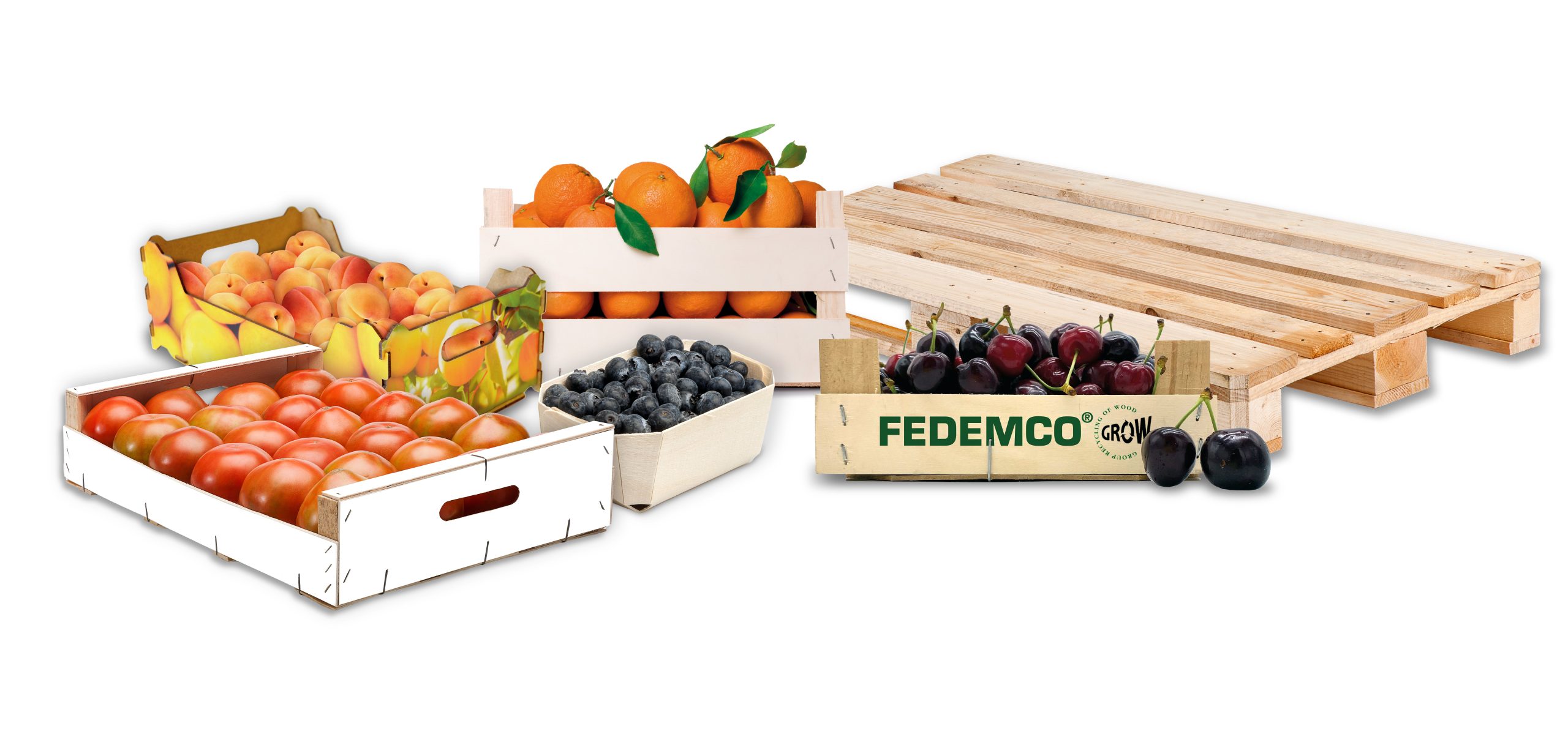 What are some key challenges that the wooden packaging industry faces today and how is FEDEMCO addressing them?
What are some key challenges that the wooden packaging industry faces today and how is FEDEMCO addressing them?
The main challenge is to communicate to society and consumers that wooden packaging is the most sustainable option. To achieve this, we have promoted technical studies that allow us to communicate the advantages of wooden packaging. We will soon be facing a new legislative reform for food contact materials and FEDEMCO is ready for this challenge. It is also a priority to form an alliance with the European Panel Federation (EPF) to ensure the effective recyclability of wood packaging and its recycling at scale, involving the entire value chain to make the use of wood cascade and the transition to a circular economy a reality. With these two actions, we will have achieved our goal of being the best solution for European food distribution.
Could you discuss any recent initiatives or projects that FEDEMCO has undertaken to promote sustainability and environmental responsibility within the industry?
FEDEMCO has promoted the study of life cycle analysis (LCA) of wood packaging conducted by the Universitat Politècnica de València (UPV). The research presented by the ICT against Climate Change research group of the UPV has analyzed for the first time the complete life cycle of wood packaging from cradle to grave. The conclusions of the study highlight that it is the most sustainable packaging, having shown a lower environmental impact in all categories studied and proving how wood packaging contributes to decarbonization. With an increasingly demanding consumer, the wood packaging option is the one that meets their expectations of sustainable purchasing.
In 2024 FEDEMCO will push forward the first European certification mark ECOWOOX® to an international level, a project developed by FEDEMCO in collaboration with AIDIMME and funded by the Generalitat Valenciana, which allows our partners to accredit the ecodesign, the recyclability of 100% of wood packaging and the possibility of energy recovery. Operators, distributors, consumers and recyclers have all the necessary information for the recycling of wood Packaging
In what ways does FEDEMCO support its member companies and what benefits do these companies gain from being part of the federation?
We advise our companies on regulatory issues and resolve their technical doubts, organize training courses and promote their products nationally and internationally. We also provide them with added value through quality and recyclability certifications.
With the rise of alternative packaging materials, such as plastics and metals, how does FEDEMCO position wooden packaging as a viable and sustainable choice for various industries?
The proposed draft European Packaging and Packaging Waste Regulation (PPWR) covers the entire life cycle of packaging. To complie with this, all packaging will be assessed by the Life Cycle Assesment (LCA) methodology, which is used for analyzing the environmental impacts associated with a product, service or process. The LCA of packaging carried out recently demonstrates that the environmental impact of wooden packaging is lower than other materials’ impact, even much lower than cardboard packaging, which emits more CO2 in its manufacture and consumes much more water. The main results of the study include the difference in the environmental impact of cardboard compared to wood in the following areas:
- Global warming: Wooden packaging emits about 50% less than cardboard.
- Land use: Wooden packaging requires 70% less land use.
- Terrestrial ecotoxicity: Wooden packaging pollutes approximately 30% less than cardboard the terrestrial environment.
- Freshwater ecotoxicity: Wooden packaging pollutes 54% less than cardboard packaging the freshwater environment.
- Marine ecotoxicity: Wooden packaging pollutes 48% less than cardboard the marine environment
Can you highlight any technological advancements or innovations within the wooden packaging sector that FEDEMCO is particularly excited about?
The packaging industry uses various materials for the manufacture of wooden packaging, from natural wood, sawn wood, wooden veneers, to the use of more modern technical boards, which improve performance and minimize the consumption of virgin wood, with finishes that facilitate their use in the manufacture, standardization, and palletization of final products.
These technical woods include plywood, HDF (high density fiberboard) and MDF (medium density fiberboard). Any of these materials can be used for the manufacture of wooden packaging, but the use of the last ones, the technical boards, has been the most common in recent years, responding to a more sustainable manufacturing design process.
Looking ahead, what are FEDEMCO’s goals and priorities for the future and how do you envision the organization evolving in the coming years?
During the coming years, FEDEMCO will lead the presidency of GROW, the European Federation of Lightweight Wooden Packaging, promoting wood packaging and internationalizing the GROW® and ECOWOOX® certifications. We will work intensively lobbying and advocating with European institutions to make the sector visible as the most sustainable option that contributes to the efficient use of natural and renewable resources.
How was Fruit Logistica? Which exhibitions do you attend in 2024?
Fruit Logistica (Berlin), along with Fruit Attraction (Madrid), are the reference fairs for the fruit and vegetable wood packaging sector. FEDEMCO makes a great effort to be present at these events and therefore we are required to give the maximum to our member companies and their customers. The balance is very positive, both from the commercial and the institutional perspectives. At Fruit Logistica 2024 we were accompanied by our partners at GROW: SIAL (France), GROW (Germany) and FEDERLEGNOARREDO (Italy) and we hope to be able to meet at Fruit Attraction (Madrid) in October.
Anything you would like to stress on?
The European Parliament has identified the packaging industry as one of the sectors that can best contribute to the decarbonization of the planet. As a tree grows, it absorbs enormous amounts of carbon dioxide, storing it in wood (0.9 tons/m3 of wood). In fact, 50% of the weight of wood is carbon extracted from the atmosphere, making wood a dynamic carbon sink and a key element in the fight to reduce the effects of climate change.



